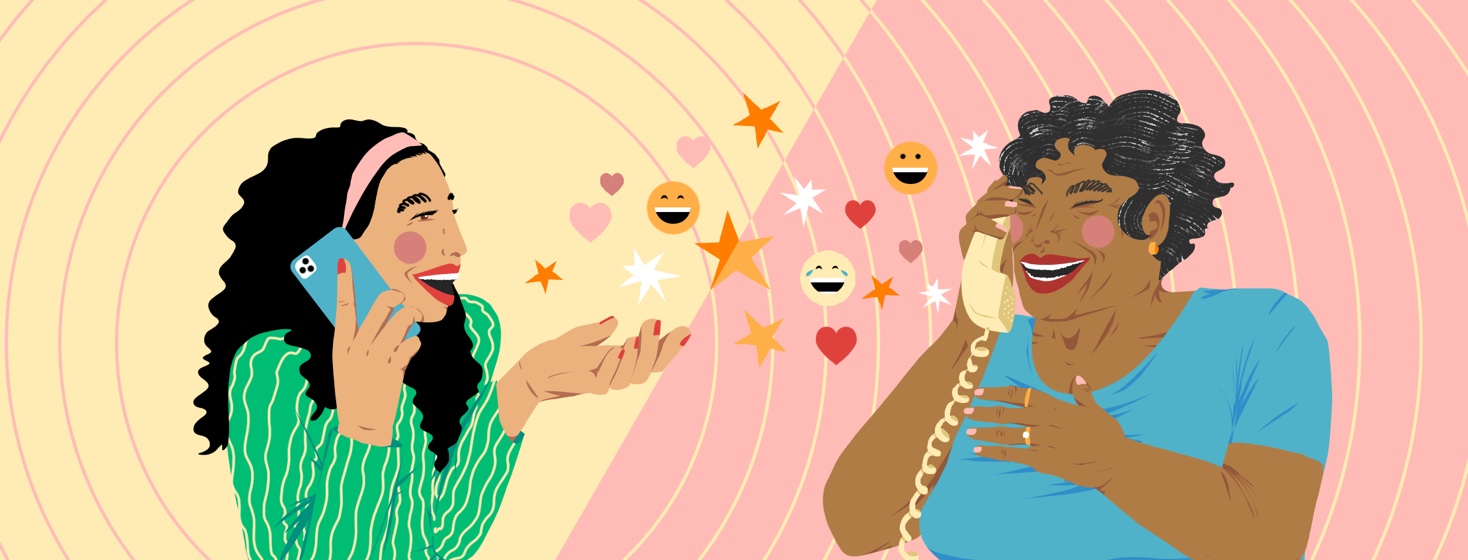Using Humor to Cope With Breast Cancer
While getting breast cancer is no joke, especially advanced breast cancer, many in the patient community find humor helps them navigate diagnosis and treatments.
Laughter
“If you don’t laugh, you’re going to cry your eyes out,” said the late Beth Caldwell, a 38-year-old metastatic breast cancer patient blogger from Seattle, “it just makes things less awful.”1
“As someone who will live with the disease for the rest of my life, to never laugh again would be horrific. The jokes make me feel better. To some extent, I get to decide how I’m going to cope and I tell jokes. The nicest thing people can do for me, just be awesome and come have fun and be happy and make me happy.”1
Dr. Bonnie McGregor, now a clinical psychologist and Executive Director and Founder at Orion Center for Integrative Medicine has said “Not everybody finds it helpful. It can be hurtful if the timing isn’t right or the situation isn’t right. So, you have to be careful with it.”1
Studies back up the fact that laughter can be very good medicine, and research shows that people feel better, lighter, and more relaxed following therapeutic laughter.2
Finding humor to cope with advanced breast cancer
Humor is always central to many people's experience as a breast cancer patient, so I asked my fellow bloggers in a breastcancer.org forum, "do you think this is a thing for you? And does anyone have any examples of how humor has helped them at any stage, even where humor has been used inappropriately?" The latter are often both ironic and funny in themselves.
Dark humor
MoochiPie wrote, "I have always been drawn to dark/black humor and gallows humor. It's a wonderful coping mechanism. I kept my family and friends up-to-date with cheery emails: Post-surgery, I have experienced an otherwise indescribable sense of relief knowing that Lil' Milk Dud was kicked to the curb." I had gone to her to start the process for a medical marijuana card. She evidently thought I had booked a "Reefer Madness Lecture".
Finding joy
Ceanna noted, “Personally, I try to look for "joy. Maybe that's a combination of happiness and laughter! And I try to use a sense of humor to see joy.”
Jokes
Regarding humor, SF-Cakes wrote, I joke about myself with others, things like, "ooh, I probably shouldn't eat that, I might get cancer, and then laugh like a hyena while I consume, say, a Nutella brioche. Seriously, am I going to juice celery and beets when I may have a short amount of time left to enjoy food?"
For Sadiesservant "humor as a coping mechanism is a thing, I suspect more than one person thinks I'm crazy with my openness and tendency to crack jokes. In reality, there is a certain ludicrous element to everything we go through. I have always felt that I could laugh or cry and since crying won't do any bloody good, it’s laughter."
Male perspective
Being a man with breast cancer, I have to say that opportunities for humor came my way regularly. Removing a pink gown for a mammogram, I said to the technician, "is this possible?" She laughed and said, "let’s give it a go!"
Evolving to a place where experiences are humorous
Tig Notaro shared her breast cancer diagnosis with her comedy club audience at Largo in Los Angeles just hours after she heard the news. "It's weird because with humor the equation is tragedy plus time equals comedy," she said. Although she was, “just at tragedy right now."1 Notaro was bold enough to look forward to the day when her experiences could be humorous. That is obviously a state many patients are happy to achieve.
Does humor help you?
What is your experience? Have you found humor has helped you or have you experienced a time when humor has been used inappropriately?

Join the conversation